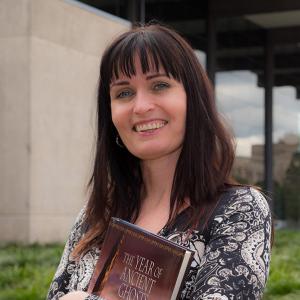Informed by a sociomaterial approach to teaching and learning, this technique uses an artifact as a point of inspiration for a short written work (in the case of WRIT7050, this takes the form of a creative fictional short story). Students select (or could be assigned) an object at random, and use this as a stimulus from which to craft a 500 word written piece that engages with an element or theme from the course content; or helps to develop a professional skill (e.g. story-writing; reflection; conceptual analysis). In dedicated class time students recite their work aloud to an audience of their peers, who offer constructive feedback for possible amendments. Marks are allocated both for the quality of the written pieces, as well as for proficiency of oral delivery and ability to engage others. This task encourages a reflexive examination of the sometimes tacit relationships that exist between our material culture and various themes of interest relevant to the course (be this story-telling; or applying theoretical concepts). For this reason this technique is readily adaptable to various year levels depending on the degree of interpretation desired.



